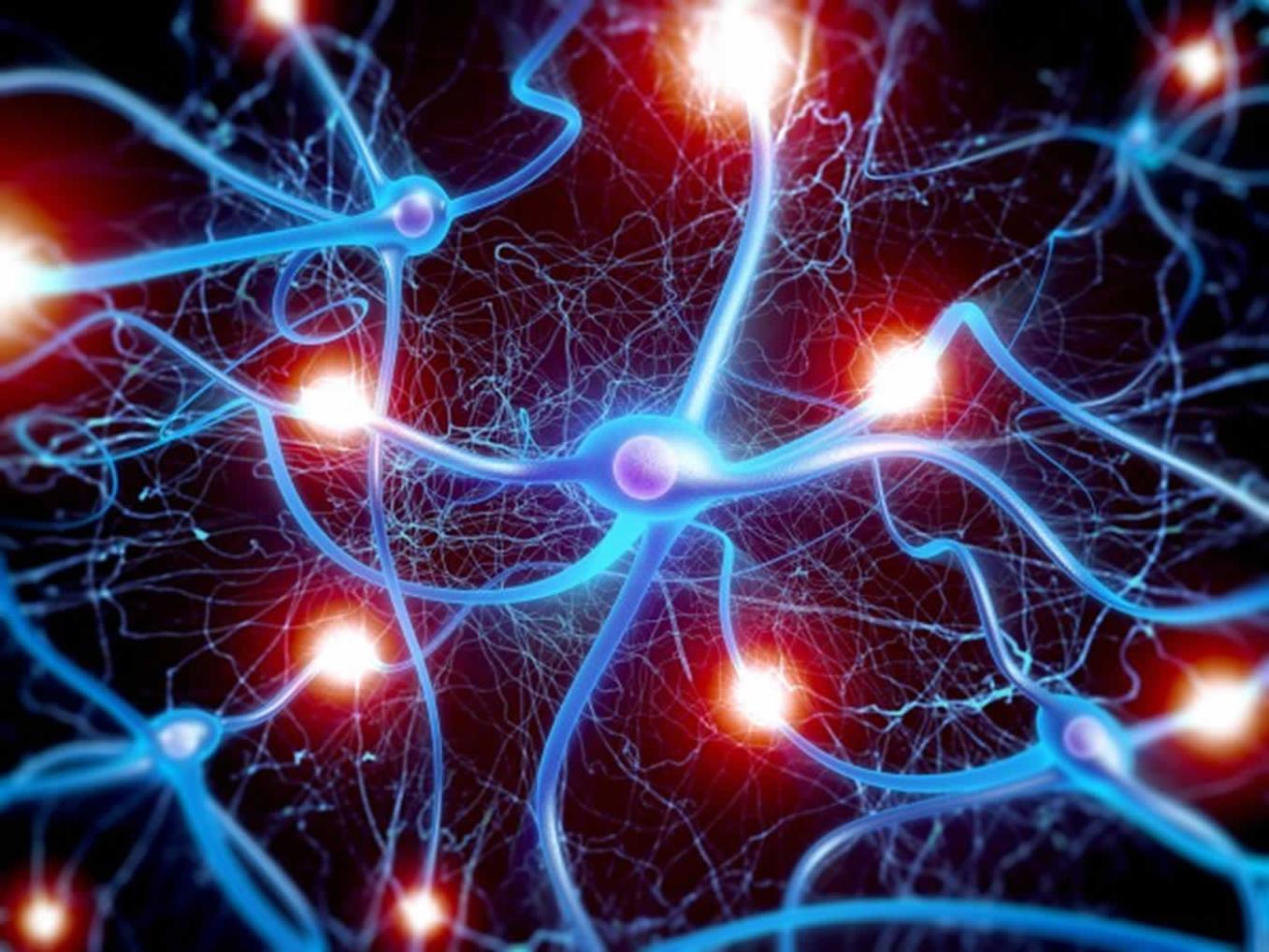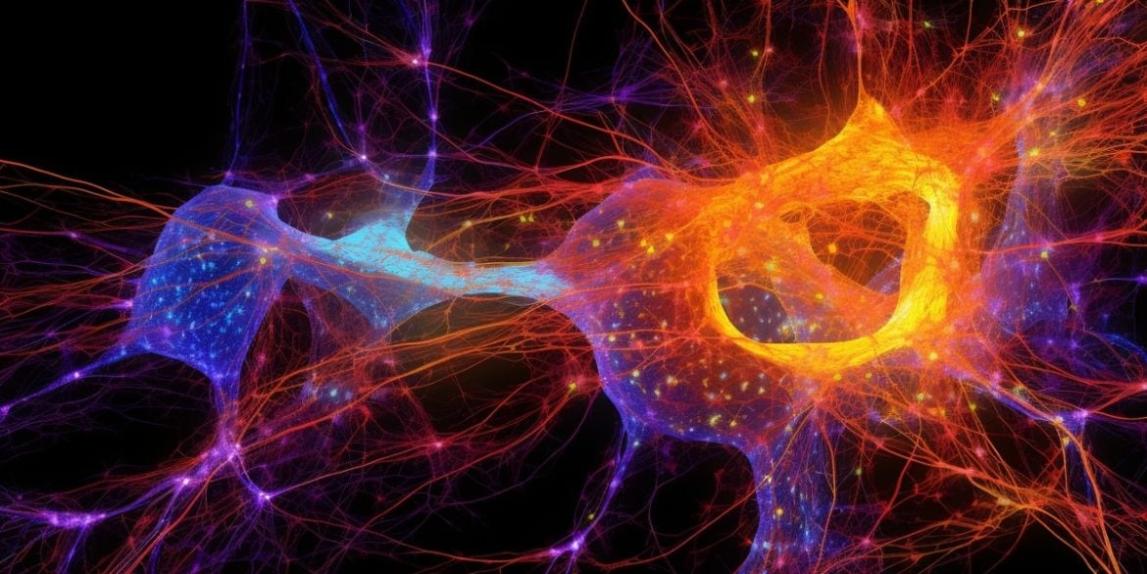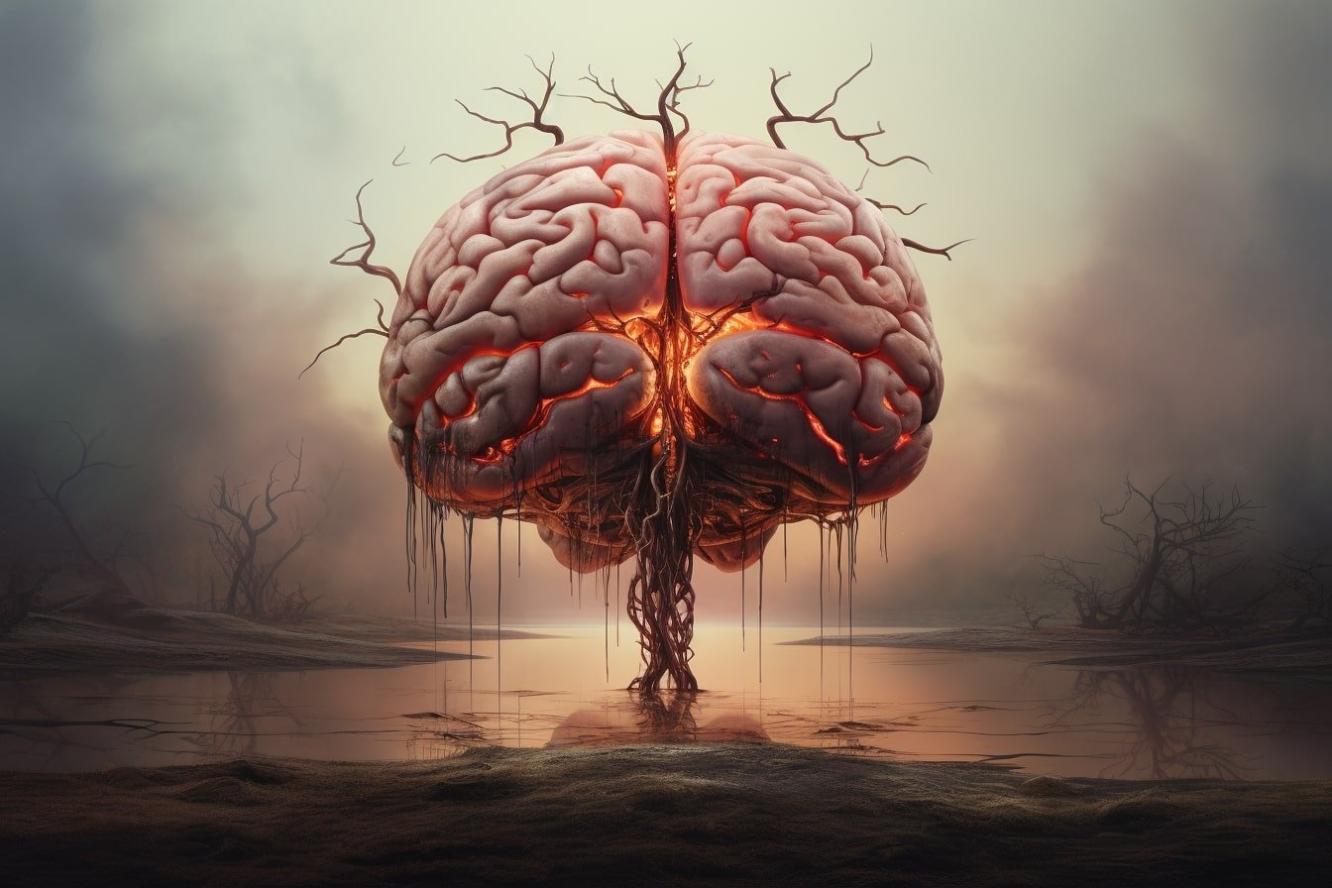How Does Our Brain Make Decisions?
Every day, we make countless decisions, from the mundane to the life-altering. How do we arrive at these choices? What factors influence our decisions? And can we improve our decision-making skills?

To answer these questions, we need to understand the complex interplay of brain regions and cognitive processes involved in decision-making.
The Anatomy Of Decision-Making
The Prefrontal Cortex:
- The prefrontal cortex, located behind the forehead, plays a crucial role in decision-making.
- It is involved in weighing options, considering consequences, and making choices.
- The prefrontal cortex allows us to think abstractly, plan for the future, and control our impulses.
The Amygdala:
- The amygdala, a small almond-shaped structure deep within the brain, is responsible for processing emotions.
- It plays a significant role in decision-making by influencing our emotional responses to different options.
- The amygdala can override rational thinking, leading us to make impulsive decisions based on fear or desire.
The Basal Ganglia:
- The basal ganglia, a group of structures located at the base of the brain, is involved in habit formation and automatic decision-making.
- It helps us to learn and perform routine tasks without conscious thought.
- The basal ganglia also plays a role in decision-making by helping us to choose the most familiar or habitual option.
The Process Of Decision-Making
The Rational Model:
- The rational model of decision-making assumes that we make decisions based on a logical and analytical process.
- This model involves gathering information, evaluating options, and choosing the one that best meets our goals.
- However, in reality, our decisions are often influenced by emotions, biases, and environmental factors.
The Bounded Rationality Model:
- The bounded rationality model acknowledges that we have limited cognitive resources and information, which can affect our decision-making.
- This model suggests that we often make decisions based on heuristics, or mental shortcuts, to simplify the decision-making process.
- Heuristics can be helpful, but they can also lead to errors in judgment.
The Intuition Model:
- The intuition model suggests that we sometimes make decisions based on gut feelings or hunches.
- Intuition is often associated with unconscious processing of information and can lead to quick and effortless decisions.
- While intuition can be valuable, it is important to balance it with rational thinking to avoid making impulsive or irrational choices.
Factors Influencing Decision-Making
Emotions:
- Emotions play a significant role in decision-making, both positively and negatively.
- Positive emotions, such as joy and excitement, can motivate us to take risks and explore new possibilities.
- Negative emotions, such as fear and anger, can lead us to avoid risks and make more conservative choices.
Cognitive Biases:
- Cognitive biases are systematic errors in thinking that can lead to poor decision-making.
- Common cognitive biases include confirmation bias, where we seek information that confirms our existing beliefs, and availability bias, where we overvalue information that is easily accessible.
- Cognitive biases can be difficult to overcome, but being aware of them can help us to make more rational decisions.
Environmental Factors:
- The environment in which we live can also influence our decision-making.
- Social factors, such as cultural norms and peer pressure, can shape our choices.
- Economic factors, such as our income and access to resources, can limit our options.
Improving Decision-Making Skills
Gather Information:
- Before making a decision, it is important to gather as much relevant information as possible.
- This may involve conducting research, talking to experts, or simply brainstorming with others.
- Having a clear understanding of the situation will help you make a more informed choice.
Consider Consequences:
- Once you have gathered information, take some time to consider the potential consequences of each option.
- Think about the short-term and long-term effects of your decision.
- Weigh the pros and cons of each option to determine which one is most likely to lead to a positive outcome.
Seek Advice:
- If you are struggling to make a decision, don't be afraid to seek advice from others.
- Talk to friends, family members, colleagues, or professionals who have experience in the area you are making a decision about.
- Getting different perspectives can help you to see the situation from a new angle and make a better choice.
Understanding how our brain makes decisions is essential for making better choices in our personal and professional lives.
By being aware of the factors that influence our decision-making, we can strive to make more rational, informed, and ethical choices.
The next time you are faced with a difficult decision, take a moment to reflect on the process you are using to make that decision.

Are you gathering all the relevant information? Are you considering the potential consequences of each option? Are you seeking advice from others?
By being mindful of your decision-making process, you can improve your decision-making skills and make better choices for yourself and others.

YesNo

Leave a Reply